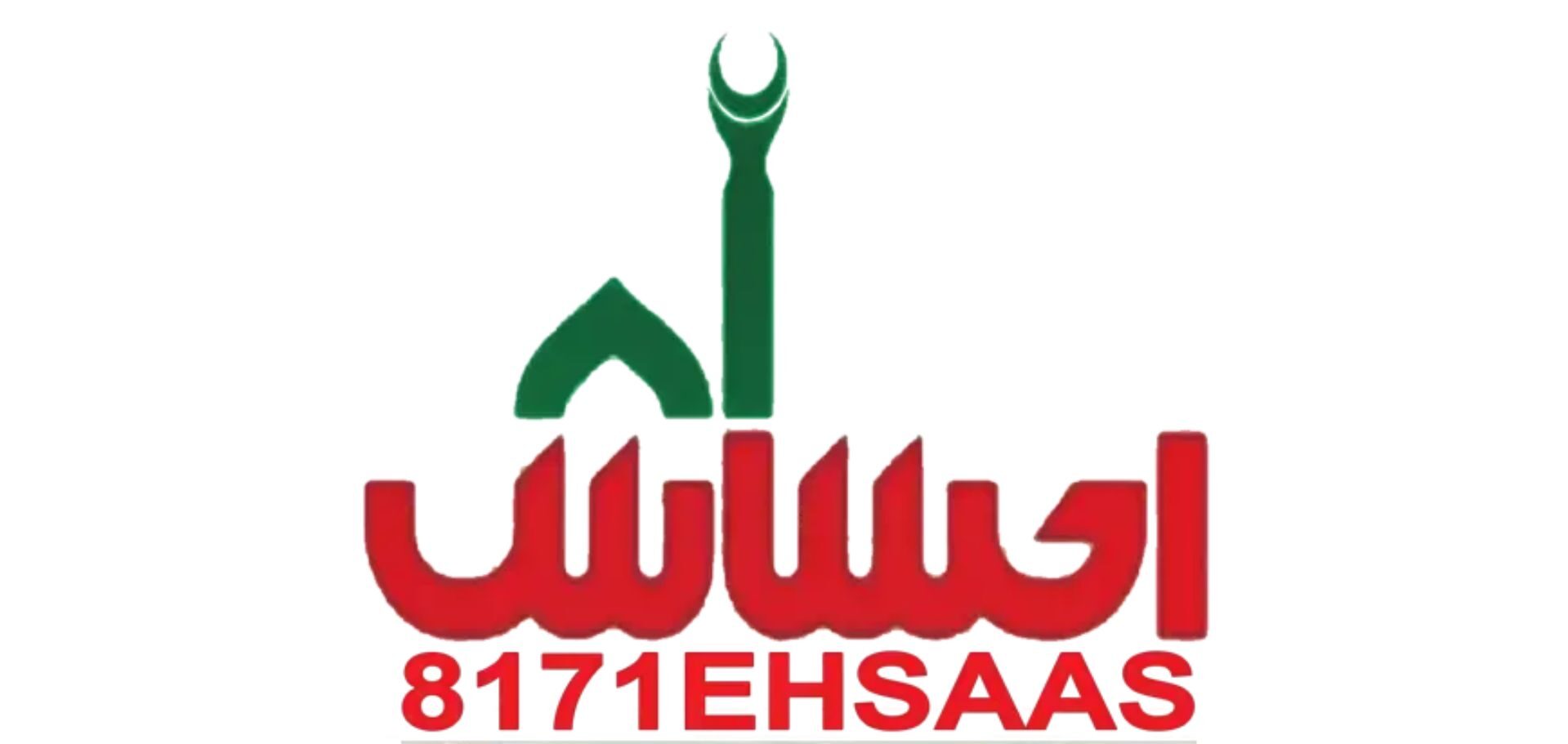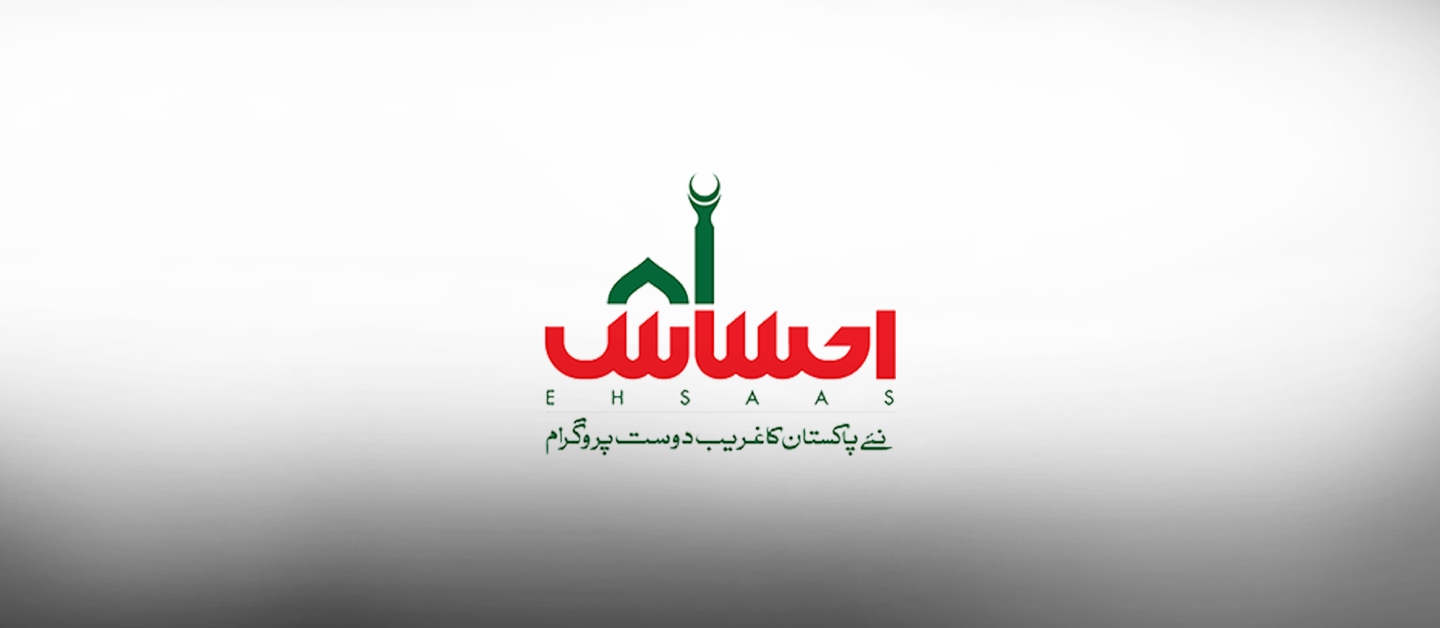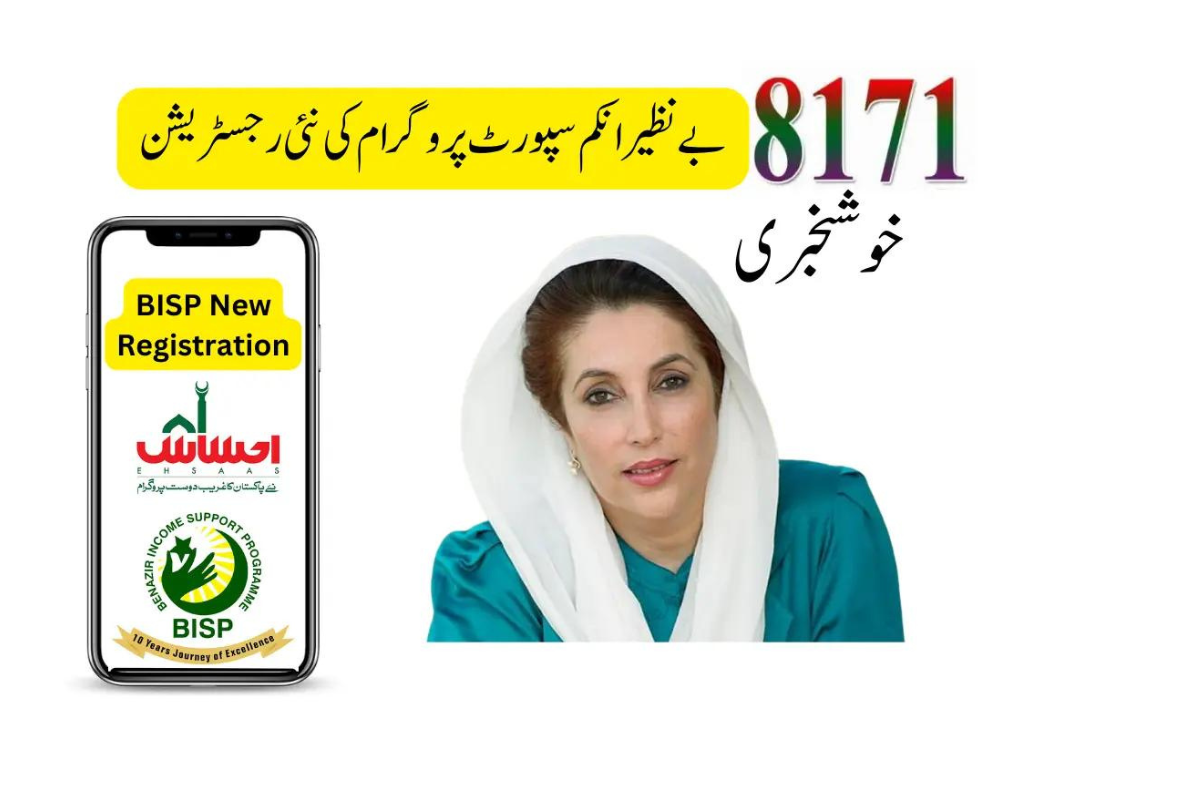The Benazir Income Support Program (BISP), an initiative of the Pakistani government, has announced a new round of registrations through the BISP 8171 Online Apply portal for June 2023. In response to growing concerns about the economic conditions of various families in the country, this new registration process is designed to include those who have become needy since the first survey was conducted. If you wish to check your eligibility for 8171 ehsaas program 25000 BISP, you can use our tool below to check. We have also covered a detailed guide on how to Apply for 8171 ehsaas program here as well.
Highlights
- Introduction
- Background of BISP
- What’s New in NSER Registration for 2023?
- How to Apply for 8171 Ehsaas Program 25000 BISP
- Understanding the BISP Eligibility Criteria
- Why are these Indicators Important?
- FAQs
- Conclusion
Background of BISP
The BISP was initially introduced to extend financial aid to deserving and needy families. Under the program, representatives from the National Socio-Economic Registry (NSER) would survey households to gather comprehensive information about their living conditions. Details such as household size, income, employment, housing condition, and educational status were collected to form a database in collaboration with NADRA, to select families for the support program. The government has recently started 8171 Ehsaas Program 25000 BISP new registrations.

However, a new registration process has been deemed necessary in light of the changing socio-economic landscape in light of the changing socio-economic landscape. The updated NSER survey aims to reflect the current conditions and includes households that have undergone significant changes since the previous study.
For the BISP, the Pakistani government has increased the payment by 25% to deserving families. The quarterly instalment from January to March was Rs.8,500; from April to June, it was Rs.9,000. The total amount disbursed under the Benazir Kafaalat initiative from July to March in Fiscal Year 2023 was Rs128.9 billion, benefiting 9.0 million individuals. Furthermore, the BISP set a target to enrol 1.5 million children and pregnant and lactating mothers under the Benazir Nashonuma program by 2025. The budget for BISP for the fiscal year 2023-24 has also been increased by 35% to address poverty in the country
What’s New in NSER Registration for 2023?
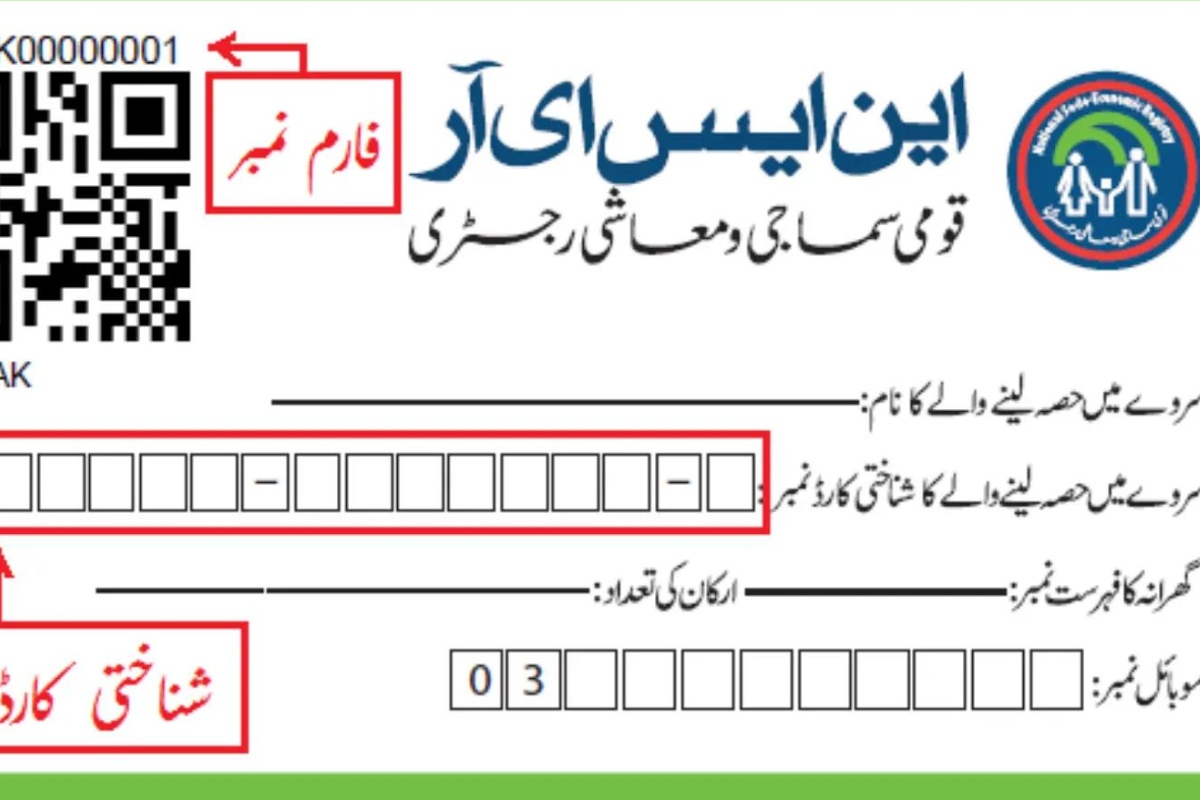
Regarding registration, the National Socio-Economic Register (NSER) online verification of NSER Online Registration 2023 is a government survey collecting data from the poorer population all across Pakistan. This data collection effort checks if the applicants have any property, vehicle, or other assets registered in their name/ID. Those who remain “clean” in the government database receive money from the Ehsaas Program 2023. The process is online, requiring details such as email address, name, address, age, gender, and zip code for registration
How to Apply for BISP Online Registration?
There are two methods to register for the NSER survey:
In-person Registration:
To apply, you must visit an NSER office and provide them with all your relevant information. Providing accurate and genuine data is essential, as false information could lead to legal consequences.
Online Registration:
A more accessible way to check your eligibility is by sending your National Identity Card number to 8171 via a registered SIM card. This method will quickly determine your eligibility for the program based on the provided information.
In both cases, after processing and storing your information, a message goes to eligible families notifying them of their selection. If deemed qualified, you can collect financial assistance every three months.
Understanding the BISP Eligibility Criteria
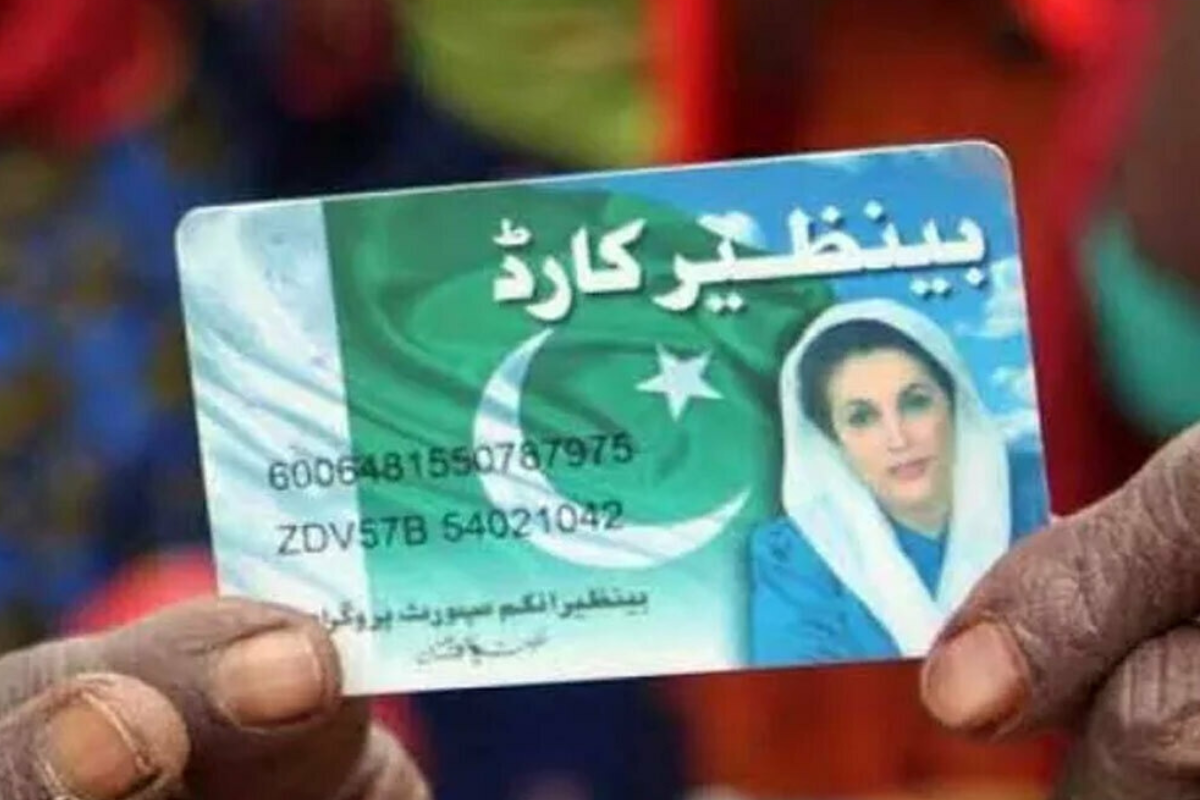
If you are not eligible for the BISP program, there’s no need to worry. Several factors determine eligibility, and understanding these factors can help you comprehend why you might have been disqualified.
The BISP uses a comprehensive set of indicators to determine eligibility. These indicators range from socio-economic status, education level, employment status, and housing structure types to more specific factors like disability profiling, livestock-keeping practices, and internet connection availability.
For example, the socio-economic status factor assesses your monthly income and expenses. Similarly, the educational level factor considers the education status of your household members and whether any child is out of school.
In addition, the NSER also evaluates factors like employment profiling, which gathers data about your employment status, the organization you work for, and the type of your employment, whether temporary or permanent.
Similarly, disability profiling helps to gather data about any disabilities or diseases within the family and the treatment status of these conditions.
Why are these Indicators Important?
These indicators offer a holistic understanding of a household’s conditions and provide crucial insights into their challenges. For instance, data about the household’s housing structure, availability of restrooms, and fuel usage provide details about their living conditions. Other indicators, such as metered connections and whether the family owns a UPS, generator, or solar panel, provide insights into the resources they can access.
Information on child labour, livestock keeping, and land ownership are also essential factors that contribute to the overall assessment of the household’s condition.
Even more specific details like the household’s experience with state institutions and history of travel abroad play a role in determining the household’s socio-economic status and, in turn, their eligibility for the BISP.
Frequently Asked Questions
1. What is the increase in payments for BISP beneficiaries?
The Pakistani government has decided to increase the quarterly instalment from Rs.8,500 from January to March to Rs.9,000 from April to June. This increase will provide more support to needy families amidst the changing economic conditions in the country.
2. What is the total disbursement and beneficiary count for the fiscal year 2023 under the BISP?
For the fiscal year 2023, the total amount disbursed under the BISP was Rs128.9 billion. This amount was beneficial to around 9.0 million individuals across the country.
3. What does the BISP set the future targets?
The BISP has set a target to enrol 1.5 million children and pregnant and lactating mothers under the Benazir Nashonuma program by 2025. This is part of their effort to extend the program’s benefits to more needy demographics.
4. How has the budget for BISP been adjusted for the fiscal year 2023-24?
The budget for BISP for the fiscal year 2023-24 is now 35% more than the earlier budget. This increase reflects the government’s commitment to addressing poverty and extending more substantial support to needy families in the country.
5. How does the NSER verify the eligibility of applicants for the BISP?
The NSER verifies the eligibility of applicants through an online survey. The online verification checks if the applicants have any property, vehicle, or other assets registered in their name/ID. Those who remain “clean” in the government database automatically become part of the system and will receive money from the Ehsaas Program 2023.
6. What information do I need to provide for NSER online registration?
For online registration, you must provide your email address, name, address, age, gender, and zip code. It’s crucial to provide accurate and up-to-date information to ensure your eligibility for the BISP.
7. What happens if I provide false information during registration?
Providing false information during the registration process could lead to legal consequences. It’s essential to provide accurate and genuine data to maintain your eligibility for the program.
Conclusion
In conclusion, the 8171 Ehsaas Program 25000 BISP online registration presents an opportunity for households in Pakistan to receive necessary financial support. By understanding the eligibility criteria and adequately navigating the registration process, needy households can successfully be part of this valuable support program.
